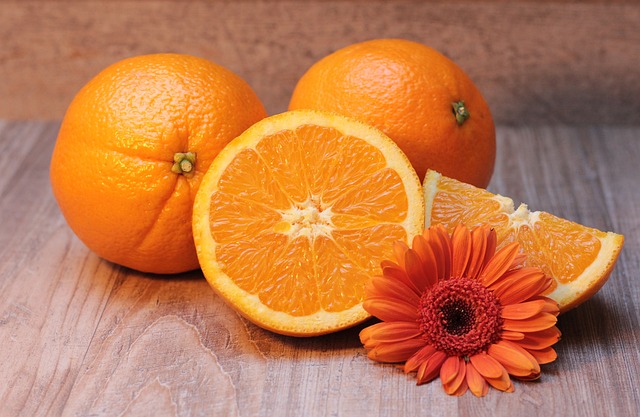Probiotics 101: Understanding the Science Behind a Healthy Microbiome
Our bodies are home to trillions of microorganisms, both beneficial and harmful. While the word “bacteria” often carries a negative connotation, not all bacteria are bad for our health. In fact, there are “good” bacteria that play a crucial role in maintaining our overall well-being, and these good bacteria are known as probiotics.
What Are Probiotics?
Probiotics are live microorganisms that, when consumed in adequate amounts, provide health benefits to the host. These friendly bacteria help maintain the balance of our gut microbiome, which refers to the community of microorganisms residing in our digestive system.
While there are many different strains of probiotics, the most common ones belong to the Lactobacillus and Bifidobacterium genus. These probiotics are naturally found in the human gut, but they can also be obtained through certain foods and supplements.
The Science Behind a Healthy Microbiome
Our gut microbiome is incredibly diverse and consists of numerous species of bacteria, viruses, and fungi. When this microbial community is in balance, it helps support a healthy digestive system, boosts our immune function, and even contributes to our mental well-being.
However, various factors can disrupt the balance of our gut microbiome. These include a poor diet, stress, certain medications like antibiotics, and environmental toxins. When the equilibrium of our microbiome is disturbed, it can lead to various health issues, including digestive disorders, weakened immunity, and even mental health conditions.
The Benefits of Probiotics
Consuming probiotics can help restore and maintain a healthy balance of microorganisms in our gut. They work by:
- 1. Improving Digestive Health: Probiotics help break down food, enhance nutrient absorption, and prevent harmful bacteria from colonizing the gut, thus reducing the risk of digestive disorders like diarrhea, constipation, and irritable bowel syndrome (IBS).
- 2. Boosting Immunity: The gut plays a crucial role in immune function, and probiotics help strengthen the intestinal barrier, making it harder for harmful pathogens to enter our bloodstream. They also stimulate the production of immune cells, enhancing our body’s defense mechanisms.
- 3. Alleviating Allergies and Asthma: Some studies suggest that probiotics, when consumed during pregnancy or early childhood, may reduce the risk of allergies and asthma by modulating the immune response.
- 4. Enhancing Mental Health: The gut and the brain are connected through the gut-brain axis. Probiotics can influence neurotransmitter production and reduce inflammation in the brain, potentially improving mental health conditions such as anxiety, depression, and even cognitive function.
Food Sources of Probiotics
To obtain probiotics naturally, you can incorporate the following foods into your diet:
- Fermented vegetables like sauerkraut, kimchi, and pickles
- Yogurt, kefir, and other fermented dairy products (look for “live and active cultures” on the label)
- Miso and tempeh
- Kombucha and other fermented beverages
It’s important to note that the concentration and variety of probiotics in these foods may vary, so it’s advisable to consume a diverse range of probiotic-rich foods to maximize their benefits.
Probiotic Supplements
If incorporating probiotic-rich foods into your diet is a challenge, you can also opt for probiotic supplements. These supplements provide concentrated doses of specific probiotic strains and can be a convenient way to support your gut health.







